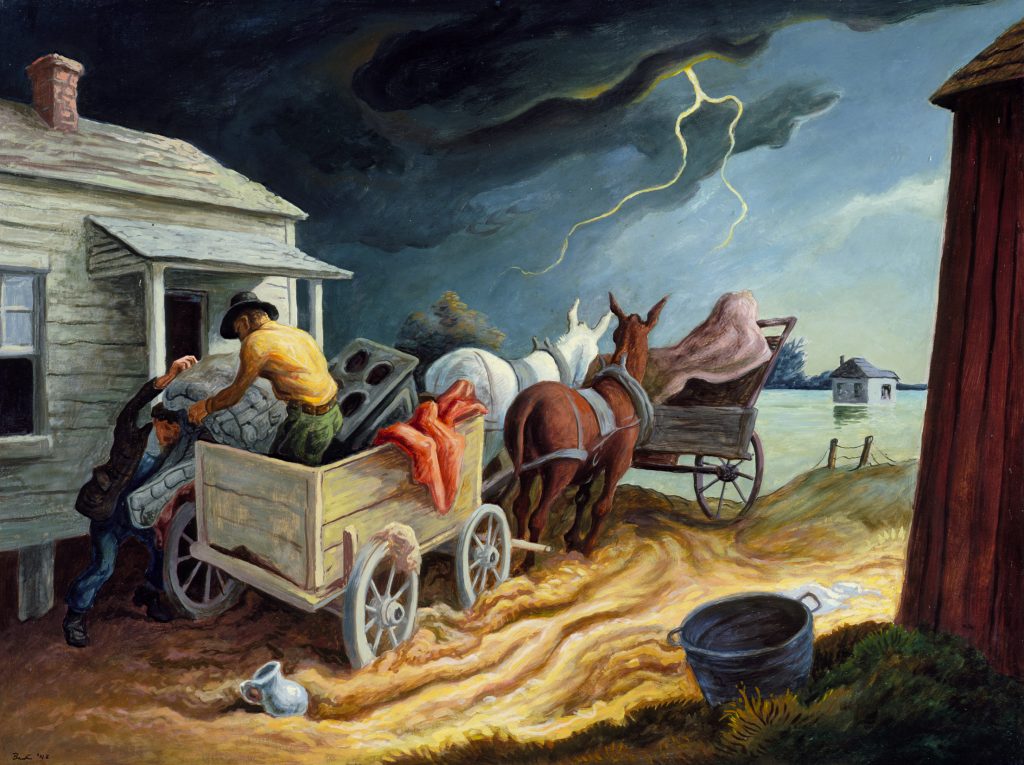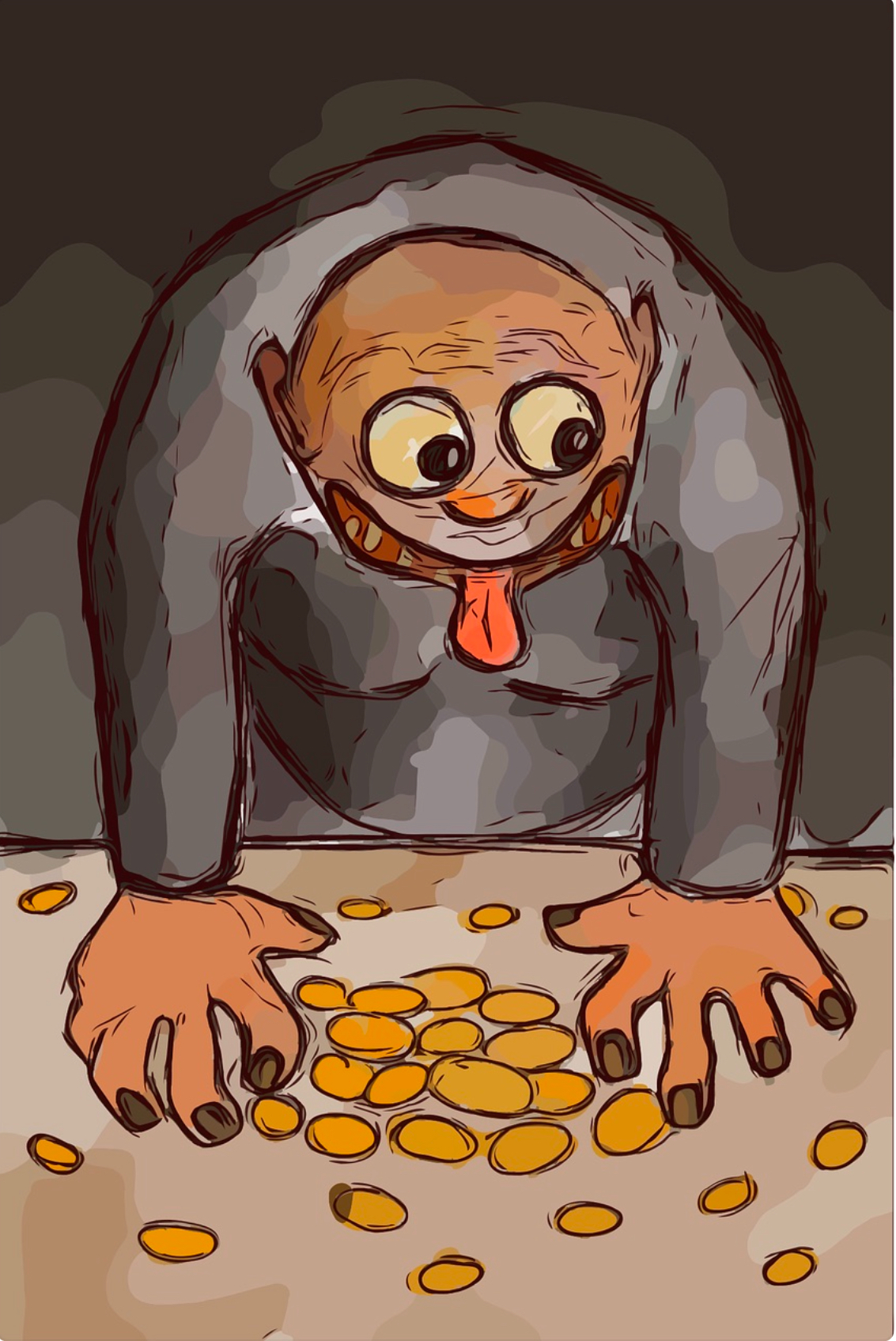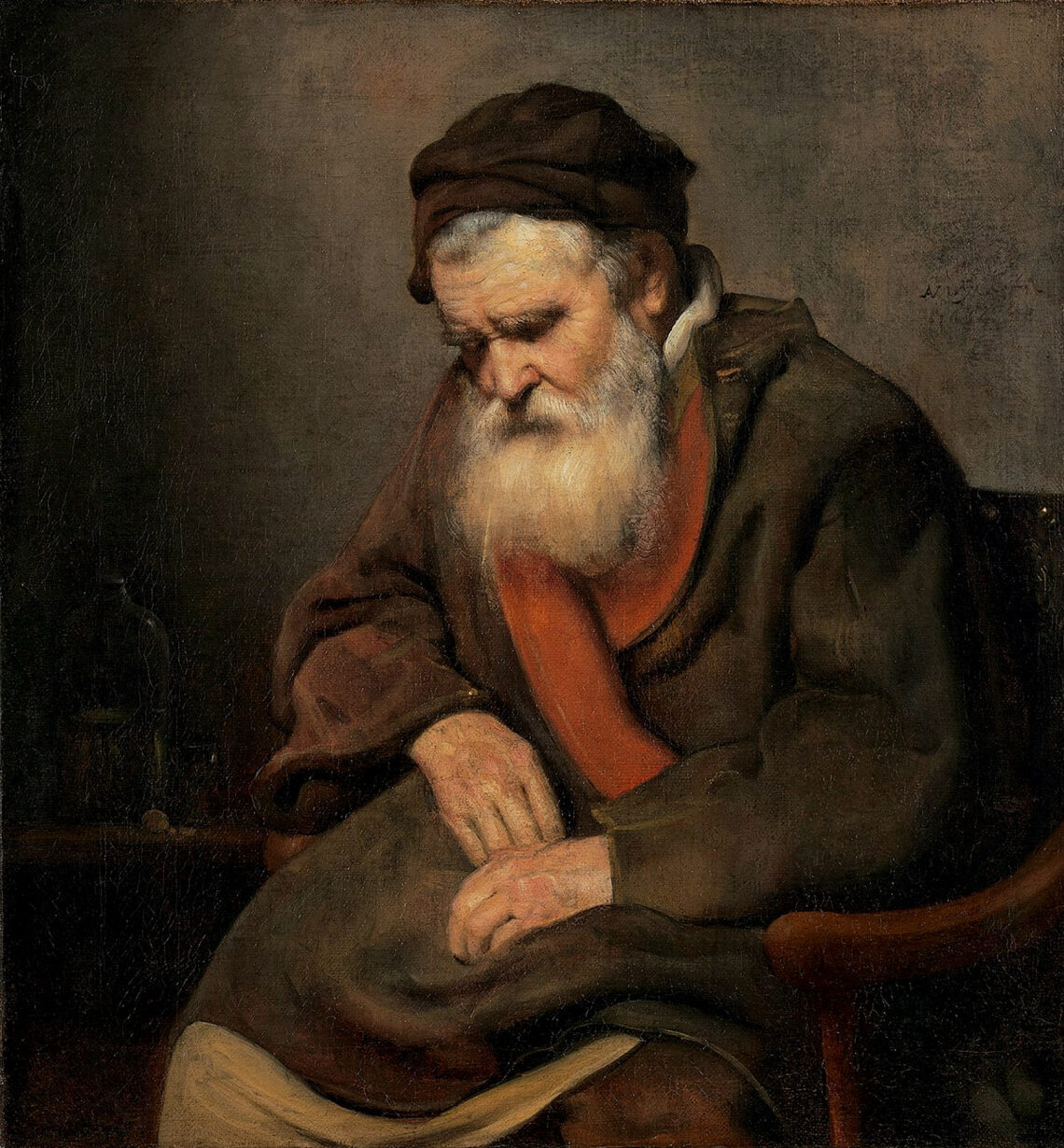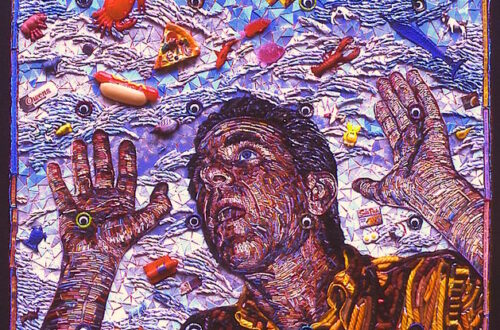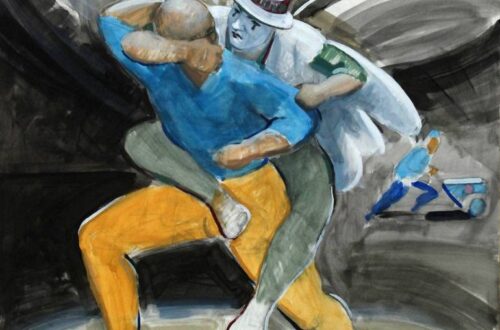-
Judges: God Only Knows
And now we see the consequences of a good man and fine leader leaving no successor. Think of it as a Western – Wagon Train with Eric Fleming and Clint Eastwood – strong leaders like Moses and Joshua. Then comes the transition to A Fistful of Dollars or The Good, the Bad and the Ugly. Moses and Joshua are gone, leaving the people to fend for themselves. They are scattered, vulnerable to attack, living in lawless, dry, windblown, and harsh territory. These are new arrivals, struggling to survive and subject to oppression by villains, unable to resist. Then, out of nowhere, a deliverer arrives – a flawed hero. He…
-
Joshua: Unfinished
Transitions from a founder to their successor are notoriously difficult, often fraught with challenges for everyone involved. Founders are frequently reluctant to leave, as their identity is deeply intertwined with the organization they created. Successors may struggle with self-doubt, and the people within the organization often feel torn between loyalty to the founder and adapting to the new leader. Sometimes they adjust, but other times they do not, resulting in simmering rejection. All of these factors can work against the success of the transition. However, some transitions work better than expected. For example, the transition from Moses to Joshua in the Bible was remarkable. While Joshua had doubts about himself,…
-
Deuteronomy: A Complete Surprise
It was said to me and I have passed it along many times to people leaving a job, “People will remember how you leave as much or more than what you did while you were there. Leave well.” There are several farewells in Scripture with the most memorable being Elijah’s departure in the fiery chariot but the longest is the parting song and speech of Moses. The whole book of Deuteronomy is a long farewell. I have often wondered why Moses bothered to take one last opportunity at the end of his life to instruct the Israelites. After all, for forty years they had been rebellious and stiff-necked. They…
-
Old Aquarians
It’s not a prominent story in the Old Testament but it came to mind this week as I was reading about the demonstrations by young protestors in Nashville over the expulsion of two black representatives and the horrific shooting deaths at the Covenant School there. In the story, two sworn enemies, Abner and Joab, meet at opposite sides of a pool. One says to the other, “Let’s have some of the young men get up and fight hand to hand in front of us.” They agree and twelve young men from each side line up for what becomes a senseless slaughter. “Then each man grabbed his opponent by the head…
-
Numbers: Pack It Up
As a young man, I considered joining the circus. When it came to town, I loved watching the setup and teardown more than the acts inside the tent. The process was a massive exercise in precise logistics, and while the workers weren’t the colorful entertainers, they were artists in their own right. Sometimes, we imagine the Tent of Meeting during the Wilderness years as a simple tent, like the ones we use today. But it was more than that. It symbolized the nation, much like the White House or Buckingham Palace. Thousands of men worked full-time to maintain it and its contents, with one tribe—the Levites—tasked with serving as the…
-
Leviticus: What’s Yours Is Mine
There are sins in the list of commandments that may be spontaneous – lying, murder and adultery – but the sin of covetousness develops at the end of an insidious process. There is something about covetousness that reflects intentionality and meditation. It is what Micah calls planned iniquity and intentional plots to do evil. “Woe to those who plan iniquity, to those who plot evil on their beds! At morning light they carry it out because it is in their power to do it. They covet fields and seize them, and houses and take them. They defraud a man of his home, a fellowman of his inheritance.” But first let’s…
-
Genesis: Wait For It
Scripture is full of waiting stories. It may be days or decades. How we wait oftentimes says as much about us and how we go through the wilderness, floods and catastrophes of our lives. Even Noah had to wait for God to remember. “But God remembered Noah and all the wild animals and the livestock that were with him in the ark, and he sent a wind over the earth and the waters receded.” We are troubled by the possibility that God forgets or needs loud noises to startle him awake. Sometimes he remembers on his own (like the suffering of the Israelites in Egypt) or other times he needs…
-
Exodus: Stopped Clocks
When we encounter the Levites in the New Testament they are dry, colorless and lifeless lawyers interested only in picking apart Jesus. That was not how they began but is what they had reduced themselves to over time. Originally, they were the special forces for Moses who turned to them for punishing those in their own families who had worshiped the golden calf. For their loyalty they were given an odd inheritance. “The Levites do not get a portion among you because the Lord is their inheritance.” That might sound more like a disinheritance when you hear it at the reading of the will. “All this I give to your…
-
The Final Lesson
I have been reading the last words of various people this week. Some are eloquent like General MacArthur’s farewell address at West Point: ”The shadows are lengthening for me. The twilight is here. My days of old have vanished — tone and tint. They have gone glimmering through the dreams of things that were…In my dreams I hear again the crash of guns, the rattle of musketry, the strange, mournful mutter of the battlefield. But in the evening of my memory always I come back to West Point. Always there echoes and re-echoes: Duty, Honor, Country.” Some are brief and leave us with questions like Steve Jobs whose mysterious last…
-
Paul Under Arrest
Paul’s Trials You remember where we left Paul last week? He was standing on the steps of the Roman barracks and had received permission from the commander to speak to the angry mob. He raised his hand and there was, as Luke says, “a great silence” as they wait for Paul to speak. What does he say? “I am a Jew” and then he tells his story. Nothing happens until he says, “Then the Lord said to me, ‘Go; I will send you far away to the Gentiles.’” That ignited them and they began to scream, “Rid the earth of him! He’s not fit to live.” Eric Hoffer wrote in…




